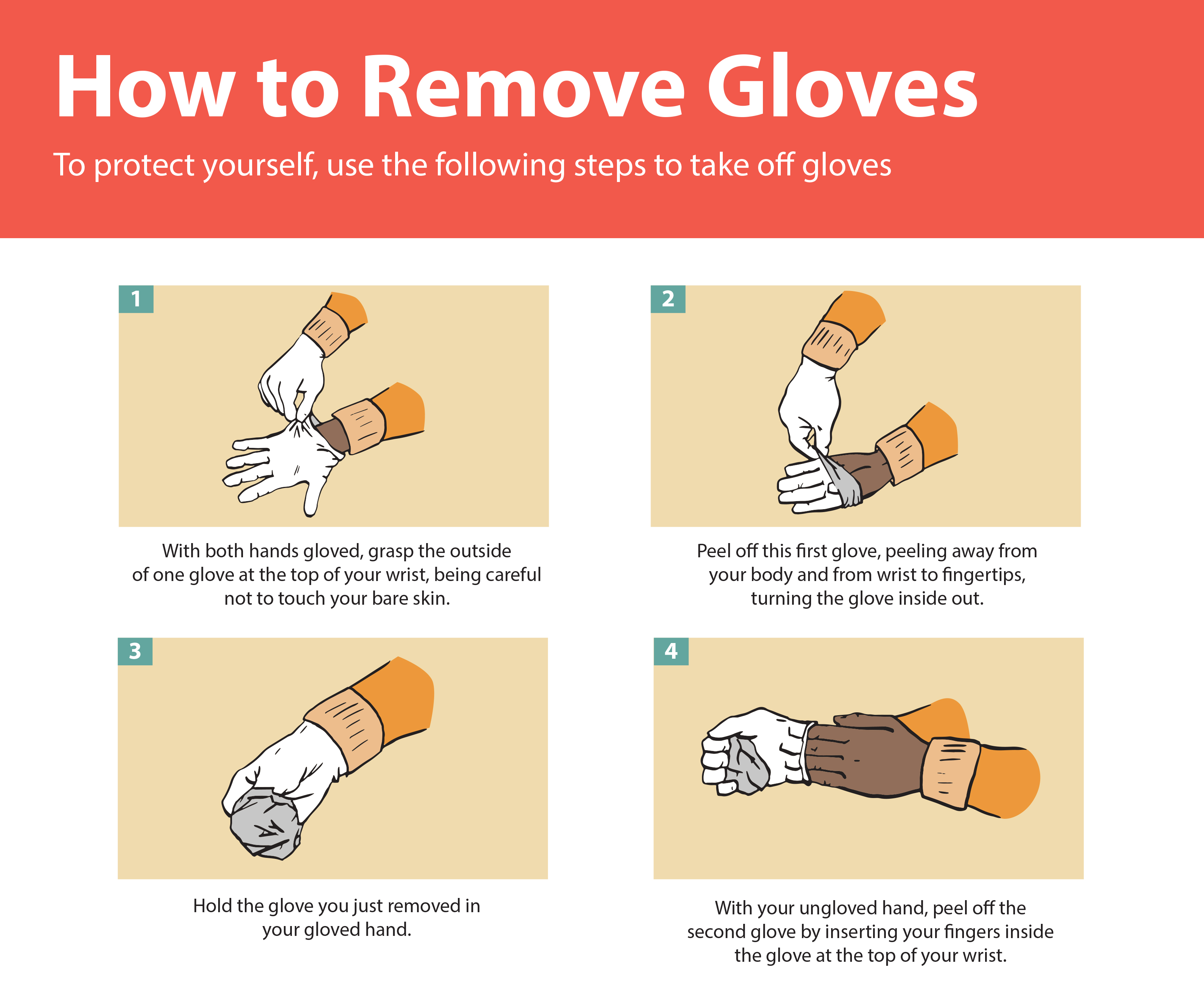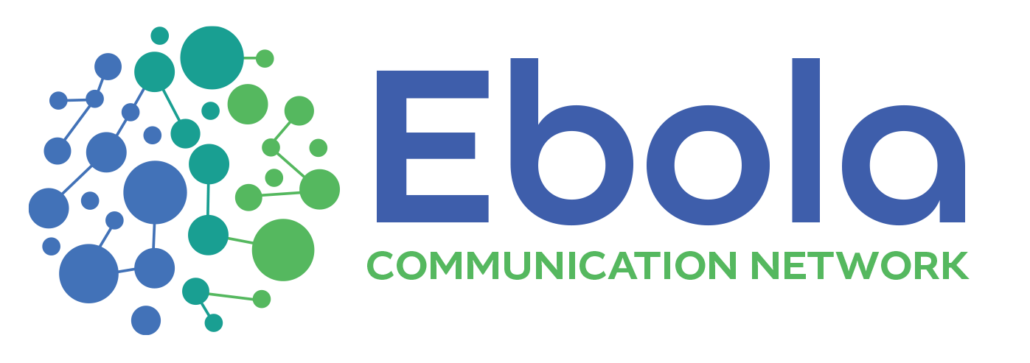Poster: How to safely remove gloves when working with an infectious disease

To protect yourself, follow these simple steps to removing gloves when working with patients with an infectious disease. |Download|

To protect yourself, follow these simple steps to removing gloves when working with patients with an infectious disease. |Download|
This video demonstrates the procedure described in CDC guidance for donning (i.e., putting on) personal protective equipment (PPE) for all healthcare providers entering the room of a patient hospitalized with known or suspected Ebola virus disease. It assumes the healthcare provider will be using an N95 and Gown.
This video demonstrates the procedure described in CDC guidance for donning (i.e., putting on) personal protective equipment (PPE) for all healthcare providers entering the room of a patient hospitalized with known or suspected Ebola virus disease. It assumes the healthcare provider will be using a PAPR and Coverall.
This video demonstrates the procedure described in CDC guidance for doffing (i.e., removing) personal protective equipment (PPE) for all healthcare providers entering the room of a patient hospitalized with known or suspected Ebola virus disease. It assumes the healthcare provider is using an N95 and Coverall.
This video discusses the roles and responsibilities of Trained Observers. A Trained Observer is a clinician, most likely an infection prevention professional, nurse, or physician, whose sole responsibility is to guide healthcare workers as they don (put on) and doff (take off) personal protective equipment (PPE) for caring for a suspect or confirmed Ebola patient. When acting as a Trained Observer you will not be delivering care directly to patients. Instead you will focus on ensuring the safety of healthcare workers.

The Ebola Communication Network was originally developed by the Health Communication Capacity Collaborative (Cooperative Agreement #AID-OAA-A-12-00058) and expanded under Breakthrough ACTION (Cooperative Agreement #AID-OAA-A-17-00017) both under the leadership of Johns Hopkins Center for Communication Programs. This website is now maintained by Johns Hopkins Center for Communication Programs and its contents are the sole responsibility of CCP. The contents of this website do not necessarily reflect the views of USAID, the United States Government, or Johns Hopkins University.
